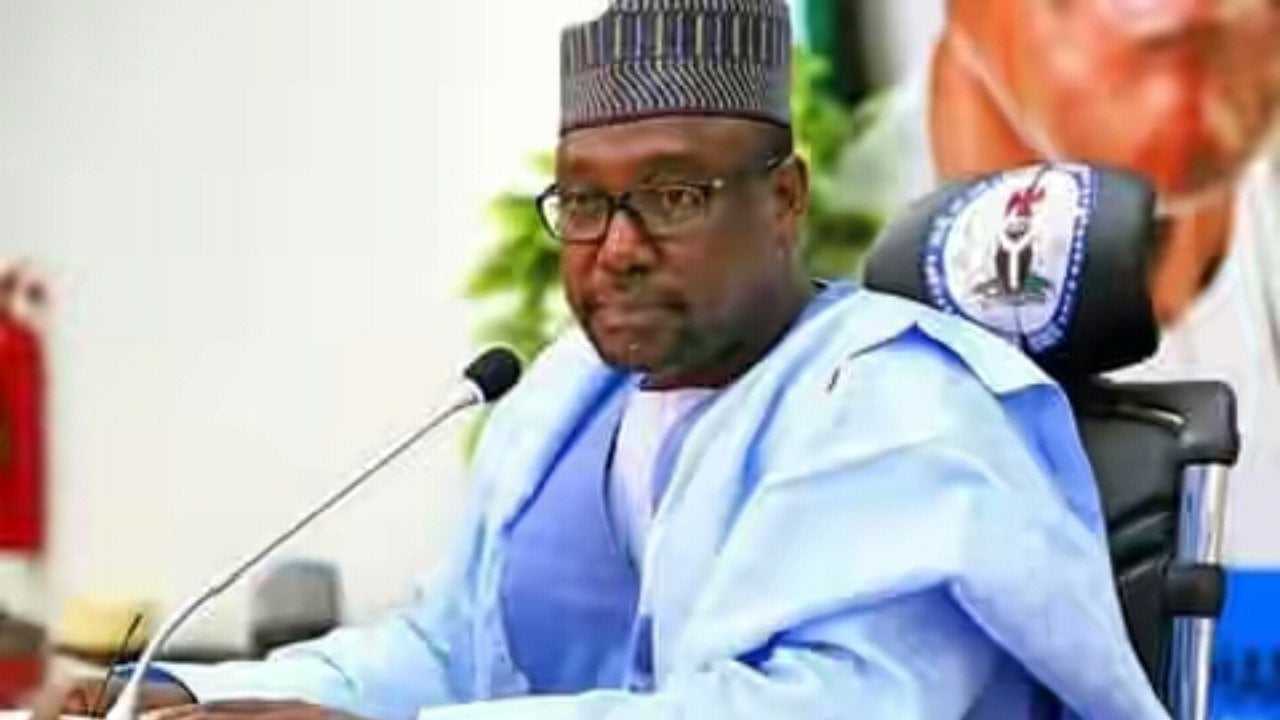China denied on Friday that detained Uighur academic Tashpolat Tiyip was secretly tried and sentenced to death, after UN experts demanded answers from Beijing
The foreign ministry said former Xinjiang University president Tiyip’s case was still ongoing and his rights had been “protected in accordance with the law”.
Tiyip was “suspected of corruption and bribery,” foreign ministry spokesman Geng Shuang said at a regular briefing Friday.
Amnesty International said in September that it feared Tiyip, a prominent geographer, faced imminent execution after being “convicted in a secret and grossly unfair trial”.
Tiyip was believed to have been convicted of “separatism” after being “forcibly disappeared” in 2017, although little information was available about his detention, according to Amnesty International.
A group of United Nations special rapporteurs said Thursday in an article published by the UN that they were concerned by the uncertainty surrounding Tiyip’s trial and the charges he faced.
The experts said they had asked Beijing for clarification on Tiyip’s current location and situation and also called for his family to be allowed to visit him.
China has faced international condemnation for rounding up an estimated one million Uighurs and other mostly Muslim ethnic minorities in internment camps in the northwestern region of Xinjiang.
Beijing initially denied the existence of the Xinjiang camps, but now says they are “vocational training centres” necessary to combat terrorism.
The UN experts said that “incommunicado detention, enforced disappearances and secret trials have no place in a country governed by the rule of law”.
Geng on Friday hit back, saying China urges the UN to “avoid interfering in countries’ internal affairs, and avoid interfering in countries’ judicial sovereignty”.
Tiyip is among many Uighur intellectuals who have disappeared from public and whom rights groups fear face persecution from the Chinese government.
In October, the European Parliament awarded a top human rights prize to jailed former economics professor Ilham Tohti.
Tohti’s daughter Jewher Ilham, who accepted the prize on his behalf in December, said she did not even know if her father was still alive.
AFP



